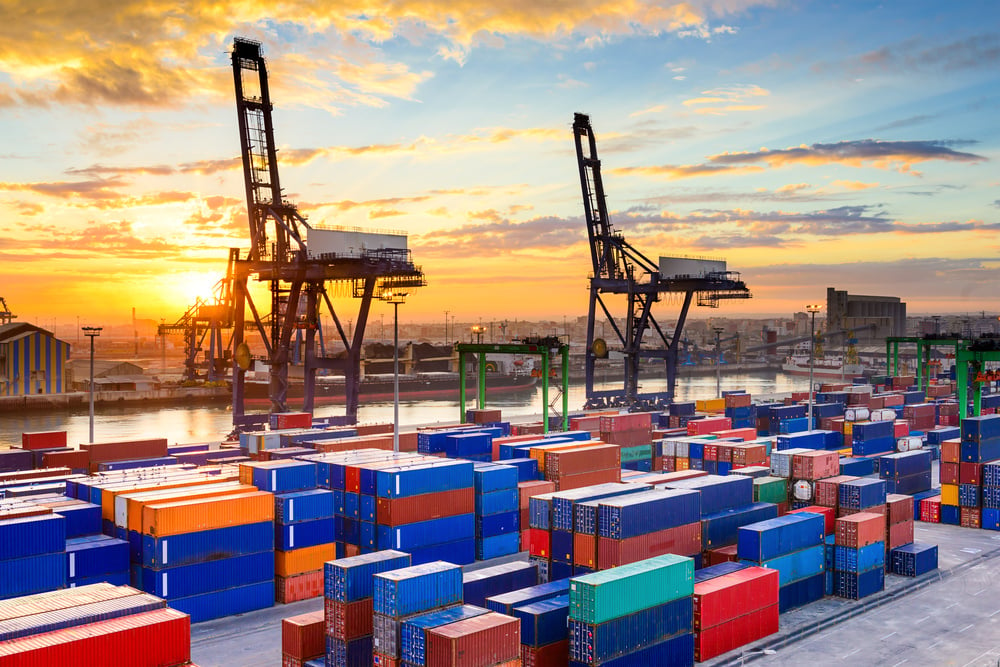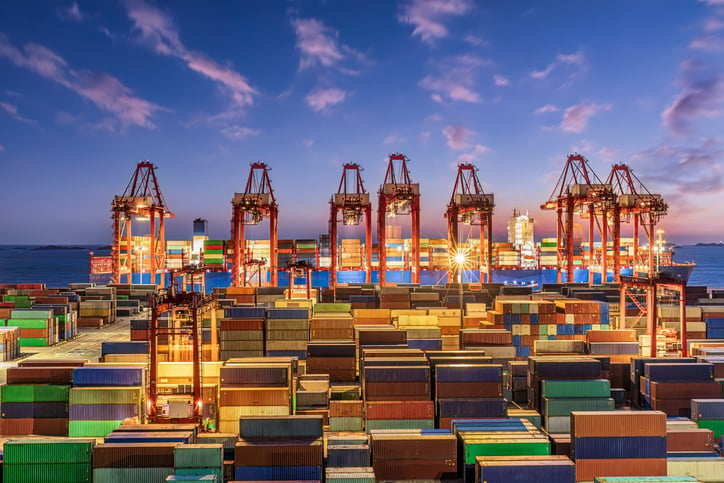In this era of escalating trade tensions and ongoing negotiations between the United States and China, businesses face unprecedented challenges in managing their import costs. One strategic solution gaining traction is the use of bonded warehouses to defer tariff payments until trade agreements stabilize. This comprehensive guide explores how leveraging bonded warehouses can protect your bottom line during these uncertain times.
Understanding Bonded Warehouses and Their Strategic Value
A bonded warehouse is a secured facility operated under U.S. Customs and Border Protection (CBP) supervision where imported goods can be stored for up to five years without paying duties or taxes. These facilities offer businesses crucial flexibility in timing their tariff payments, making them invaluable during periods of trade uncertainty.
When you utilize a bonded warehouse, you essentially create a buffer zone between importation and the final entry of goods into U.S. commerce. This deferment strategy becomes particularly powerful when tariff rates are subject to change based on ongoing negotiations. By storing goods in a bonded warehouse in the US, businesses can wait for more favorable conditions before committing to tariff payments.
Why Bonded Warehouses in Texas Are Strategic for China Trade
The location of your bonded warehouse matters significantly, and bonded warehouses in Texas offer unique advantages for businesses importing from China. Texas ports, particularly Houston, serve as major gateways for Chinese imports, making a bonded warehouse in Texas an ideal strategic choice for several reasons:
- Proximity to major shipping lanes from Asia
- Well-developed transportation infrastructure
- Access to multiple markets via rail and highway networks
- Lower storage costs compared to coastal cities
- Easy access to Mexico bonded warehouses with less than a day of transport from Houston
Companies using a bonded warehouse in Texas can efficiently manage their inventory while monitoring trade negotiations, allowing them to make informed decisions about when to release goods into U.S. commerce.
Mexican Bonded Warehouses: An Alternative Strategy
For businesses seeking additional flexibility, a bonded warehouse in Mexico presents an alternative approach to managing tariff exposure. Mexican bonded facilities allow for temporary importation of up to two years, providing substantial time to navigate trade negotiations. Cross-border warehousing strategies through a bonded warehouse in Mexico allow companies to:
- Store goods closer to U.S. markets while remaining outside U.S. customs territory
- Take advantage of USMCA provisions
- Maintain operational flexibility across North American markets
- Utilize the two-year temporary importation period to maximize strategic advantages
A bonded warehouse in Mexico can serve as a strategic complement to facilities in the US, providing businesses with multiple options for managing their supply chain during uncertain trade periods.
The Role of Foreign Trade Zones (FTZs) in Trade Management
While bonded warehouses offer significant advantages, it's essential to understand how they differ from Foreign Trade Zones (FTZs). A Foreign Trade Zone is a designated area within the United States considered outside U.S. customs territory for duty purposes. Both bonded warehouses and FTZs offer tariff deferral benefits, but they serve different purposes.
Key differences between bonded warehouses and Foreign Trade Zones include:
- Location Flexibility: Bonded warehouses can be established anywhere with CBP approval, while FTZs are specifically designated areas.
- Activities Allowed: FTZs permit manufacturing, assembly, and processing, whereas bonded warehouses primarily focus on storage.
- Time Limits: Bonded warehouses typically allow storage for up to five years, while FTZs have no time restrictions.
- Documentation Requirements: FTZs generally involve more complex reporting requirements than bonded warehouses.
Strategic Benefits of Using Bonded Warehouses During Trade Negotiations
1. Tariff Deferral and Cash Flow Management
The primary advantage of using a bonded warehouse is the ability to defer duty payments until goods enter U.S. commerce. This deferral can significantly improve cash flow, especially when dealing with high-value imports from China. By utilizing a bonded warehouse in the US, businesses can:
- Maintain liquidity during uncertain trade periods
- Avoid paying potentially higher tariffs that might be reduced in future negotiations
- Better align tariff payments with actual sales revenue
2. Inventory Management Flexibility
A bonded warehouse provides unprecedented flexibility in inventory management. Companies can:
- Store seasonal goods until market demand peaks
- Hold inventory during price fluctuations
- Manage just-in-time delivery more effectively
This flexibility becomes particularly valuable when using a bonded warehouse in Texas, where distribution to multiple U.S. markets is efficient and cost-effective.
3. Risk Mitigation
By storing goods in a bonded warehouse, businesses can:
- Hedge against potential tariff increases
- Wait for favorable exchange rates
- Monitor market conditions before committing to duties
Implementing a Bonded Warehouse Strategy
To effectively leverage bonded warehouses during US-China trade negotiations, consider these steps:
- Assess Your Import Volume: Determine if the volume of Chinese imports justifies establishing a bonded warehouse relationship.
- Choose Strategic Locations: Consider establishing relationships with bonded warehouses in Texas for proximity to ports, or a bonded warehouse in Mexico for additional flexibility.
- Understand Compliance Requirements: Work with customs brokers to ensure proper documentation and adherence to CBP regulations.
- Develop a Release Strategy: Create protocols for when to release goods based on trade negotiation developments.
Comparing Bonded Warehouses and Foreign Trade Zones
While both options offer duty deferral benefits, choosing between a bonded warehouse and a Foreign Trade Zone depends on your specific needs:
When to Choose a Bonded Warehouse:
- Primary need is storage with duty deferral
- Simpler compliance requirements
- Shorter-term storage needs (up to 5 years)
- Multiple location flexibility
When to Choose an FTZ:
- Need for manufacturing or assembly operations
- Long-term storage requirements
- Desire to take advantage of inverted tariff benefits
- Complex supply chain operations
Many businesses find that combining both bonded warehouses and FTZs provides the most comprehensive protection during trade uncertainty.
Future Considerations for Bonded Warehouse Usage
As US-China trade relations continue to evolve, businesses should:
- Monitor trade negotiation developments closely
- Maintain flexibility in their warehousing strategy
- Consider establishing relationships with multiple bonded warehouse providers
- Evaluate the potential benefits of combining bonded warehouses with FTZ operations
Executing a Bonded Warehouse Strategy to Defer Tariffs
For businesses importing from China, now is the time to evaluate how bonded warehouses can fit into your supply chain strategy. Space in premium bonded warehouse facilities is limited, and demand is increasing as more companies seek to protect themselves from tariff uncertainty. Contact Visigistics today to secure your space and learn more about implementing a bonded warehouse solution tailored to your specific needs. Don't wait until trade tensions escalate further – protect your business now while capacity is still available.





